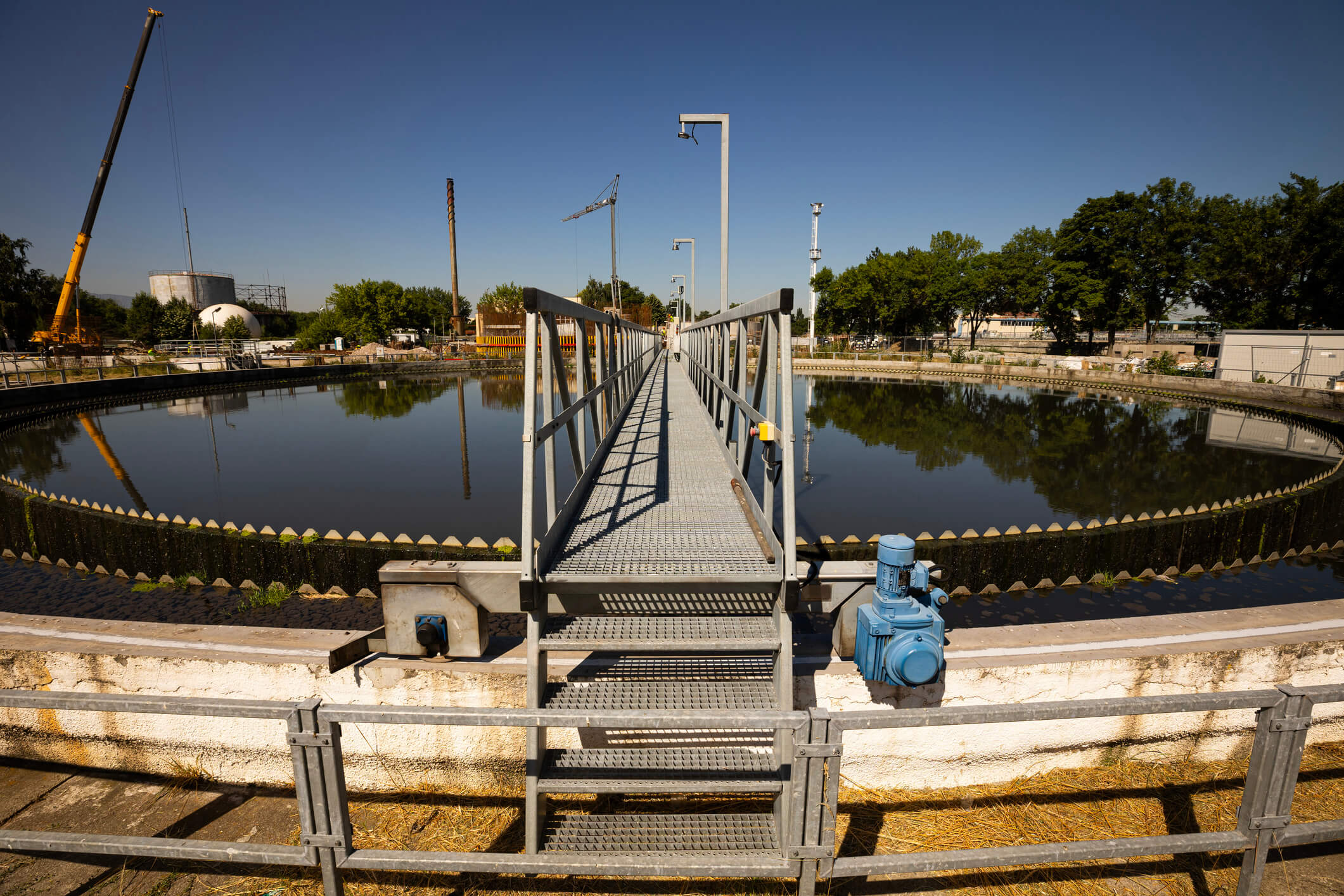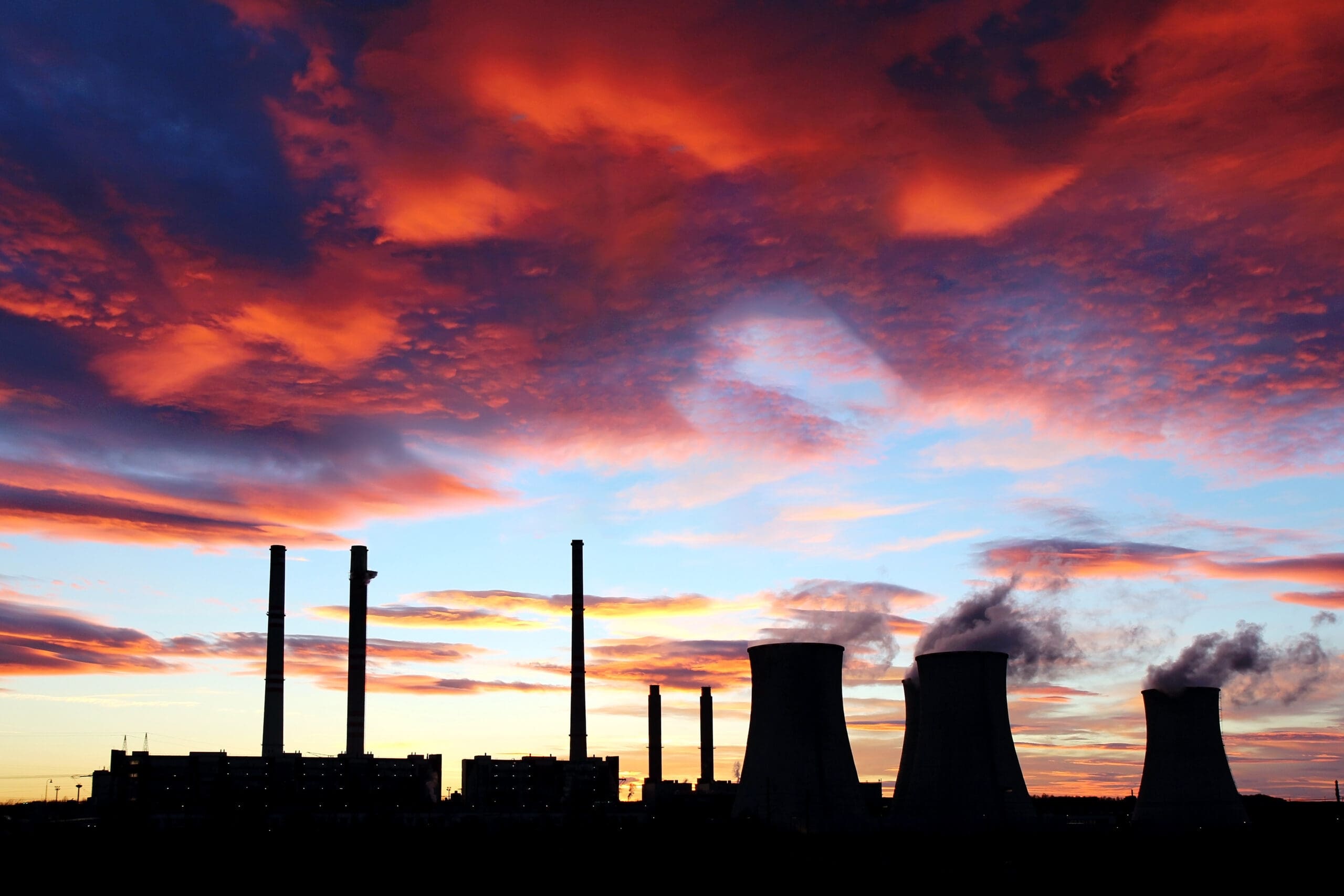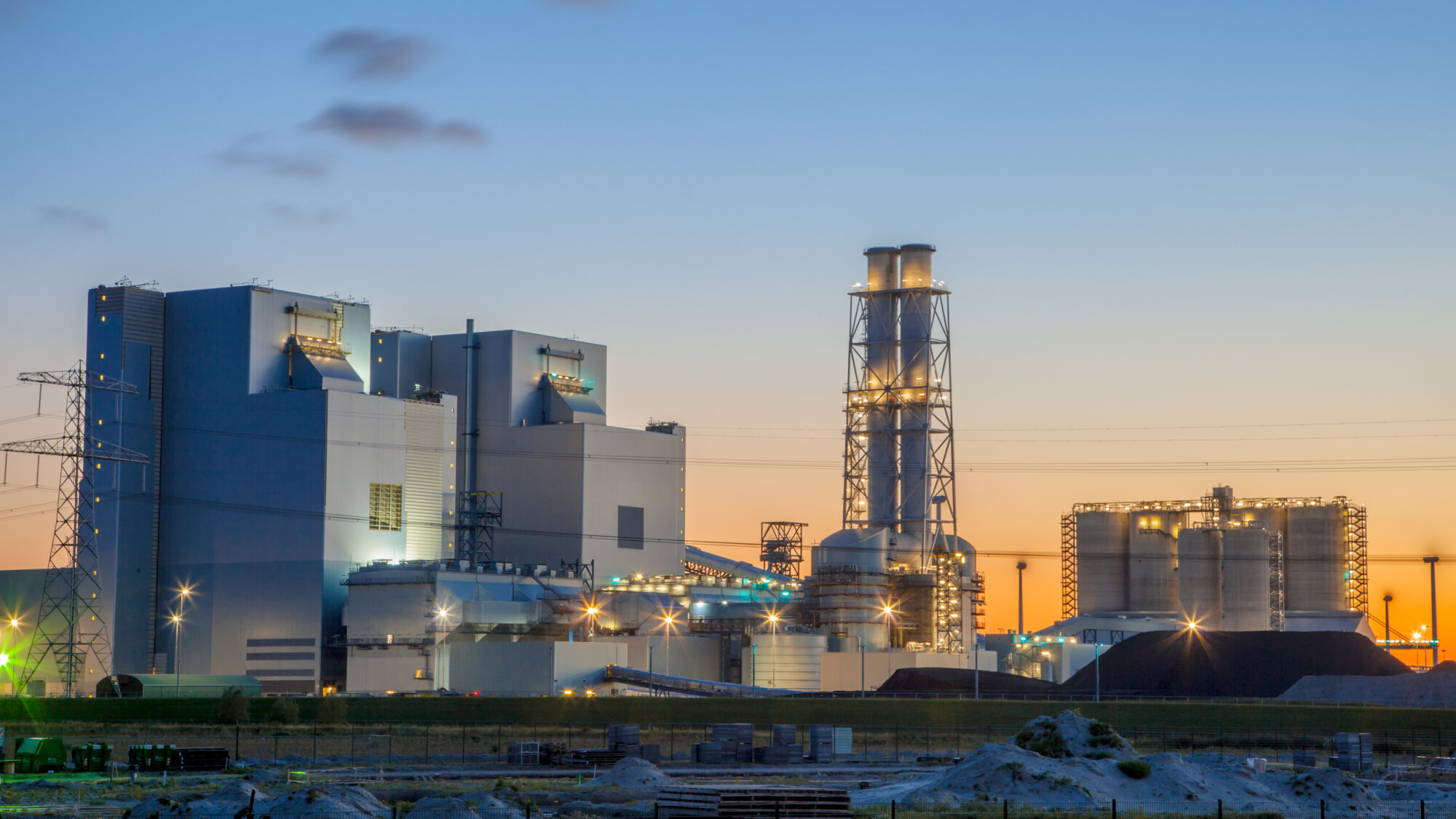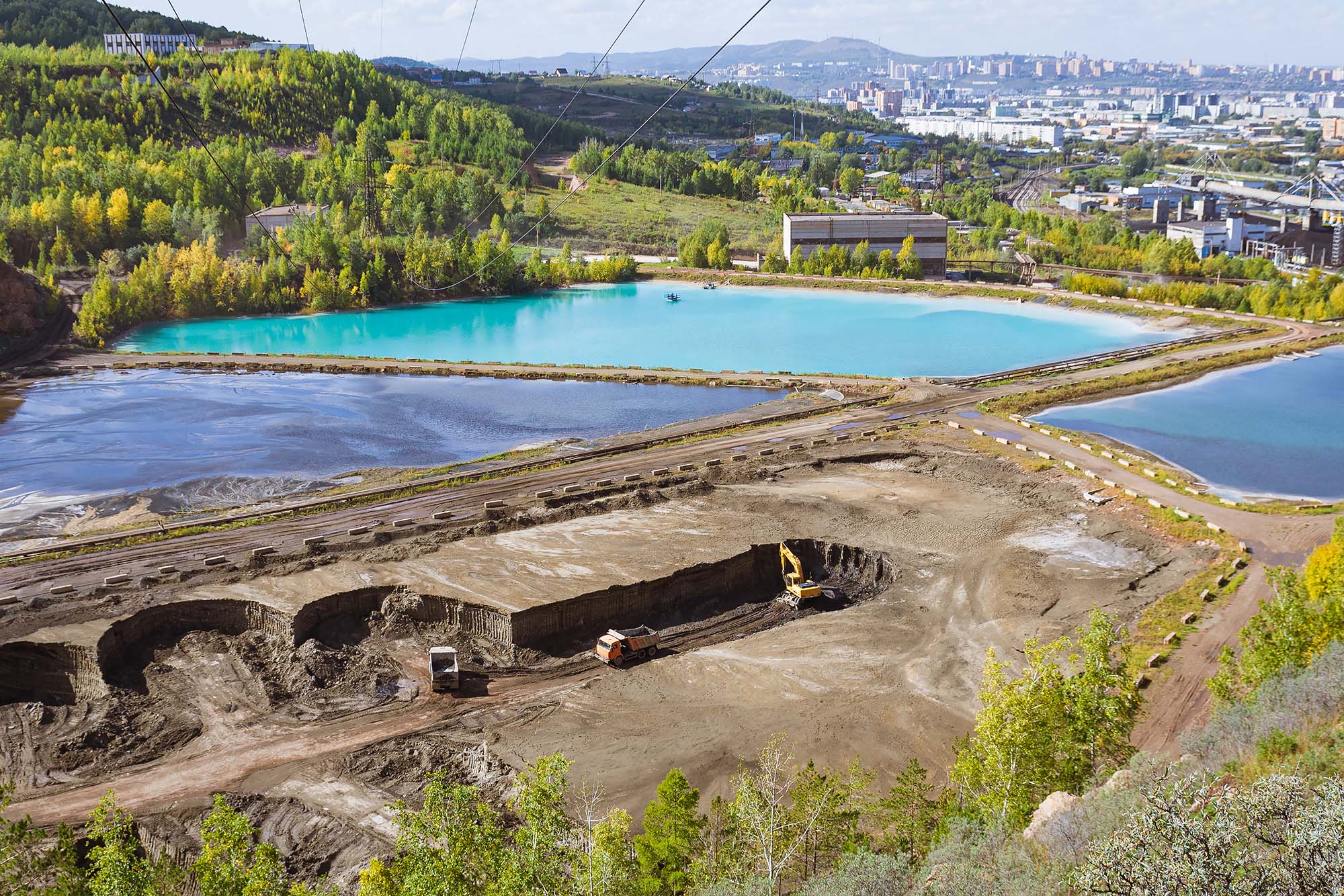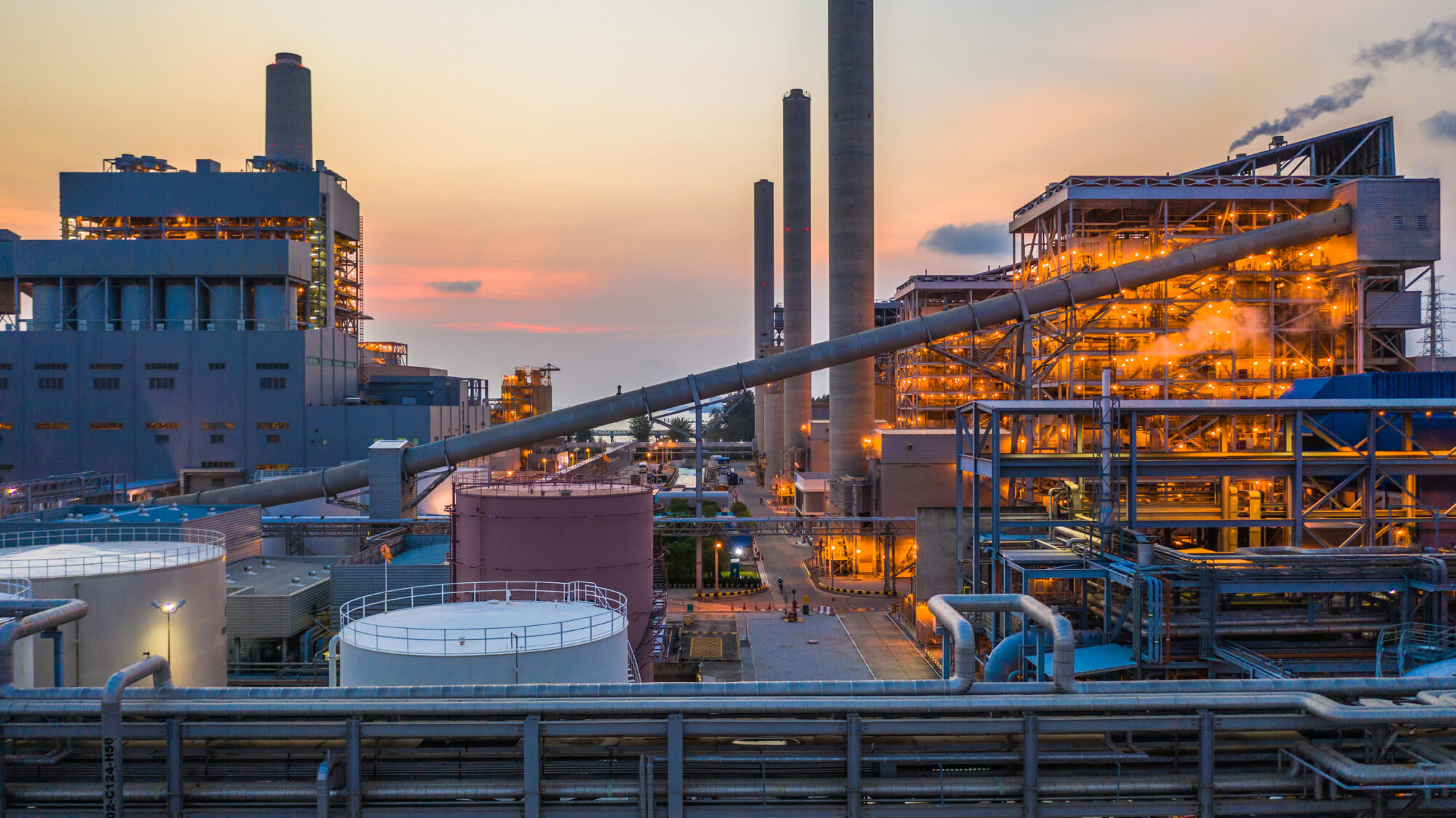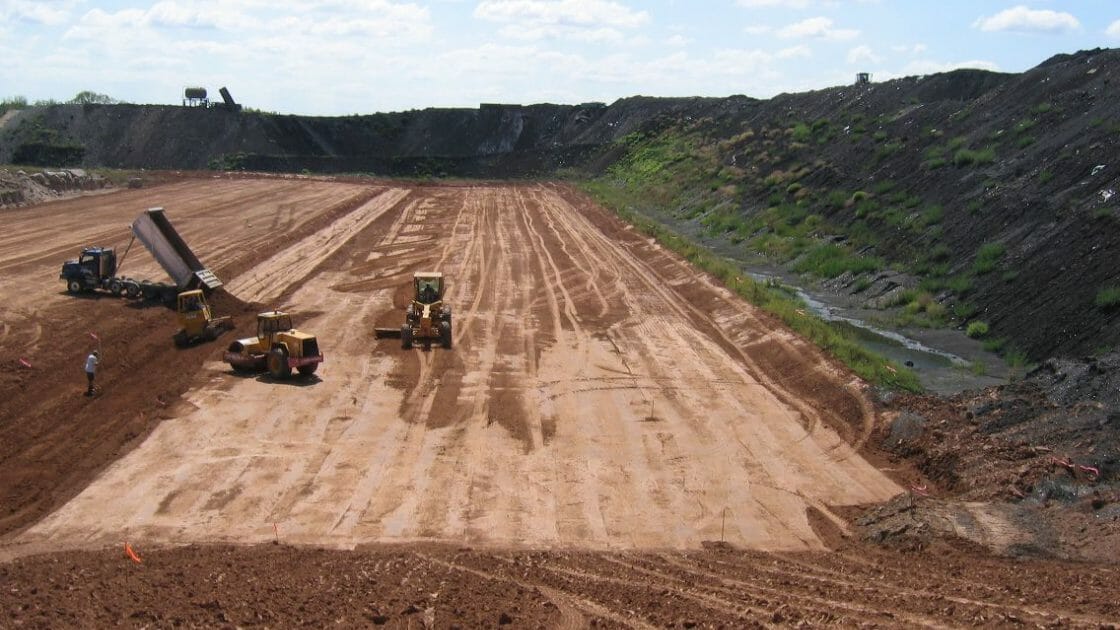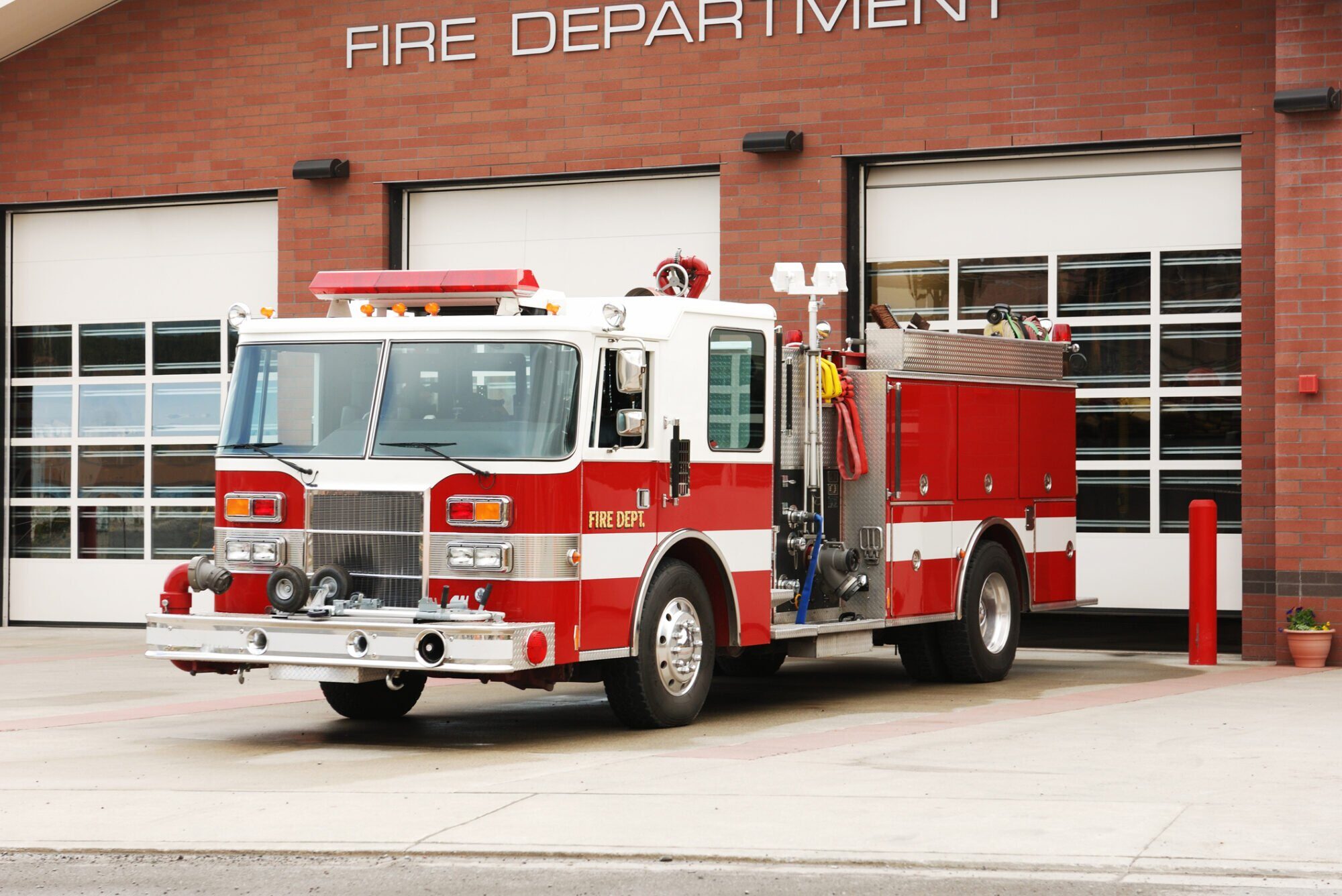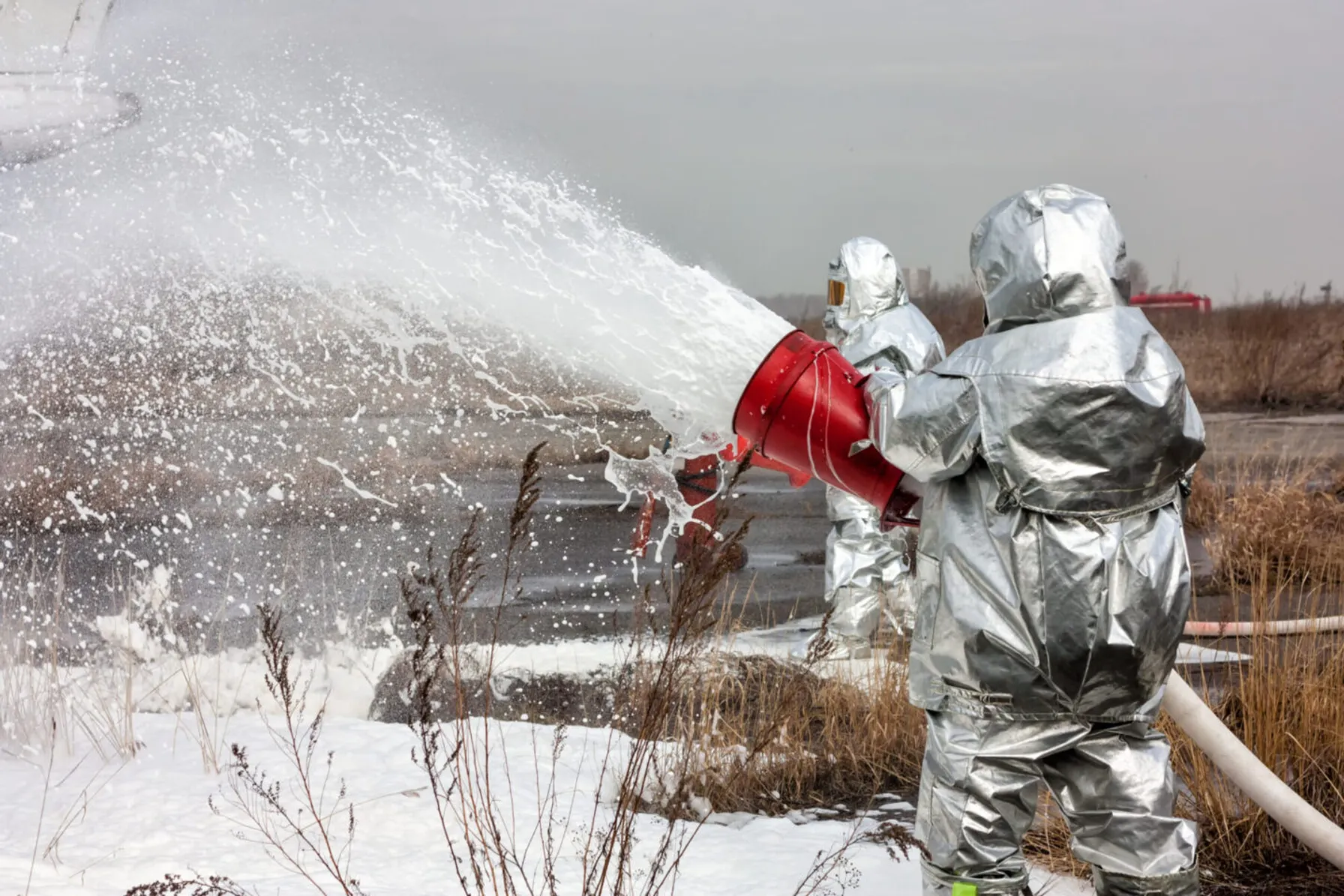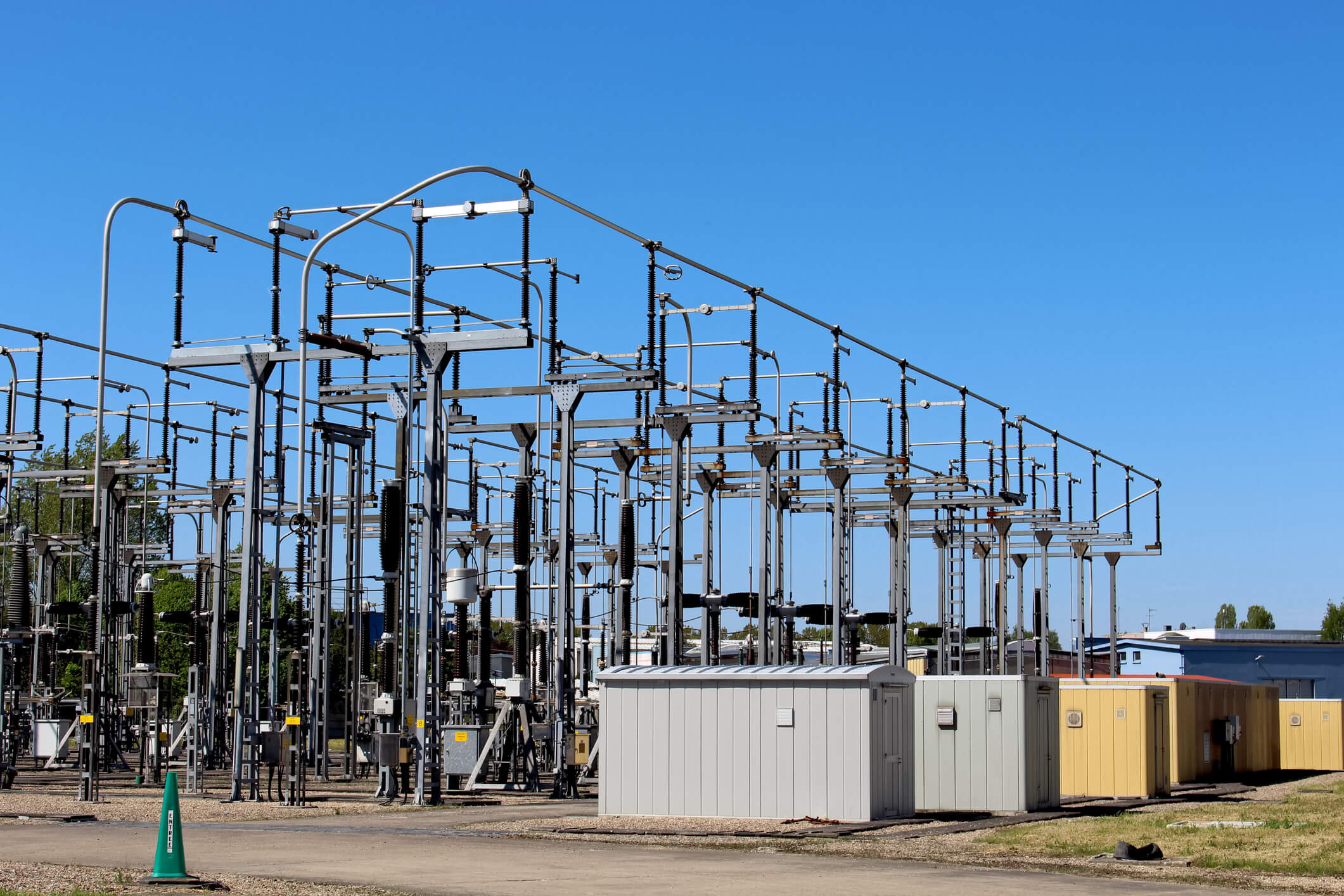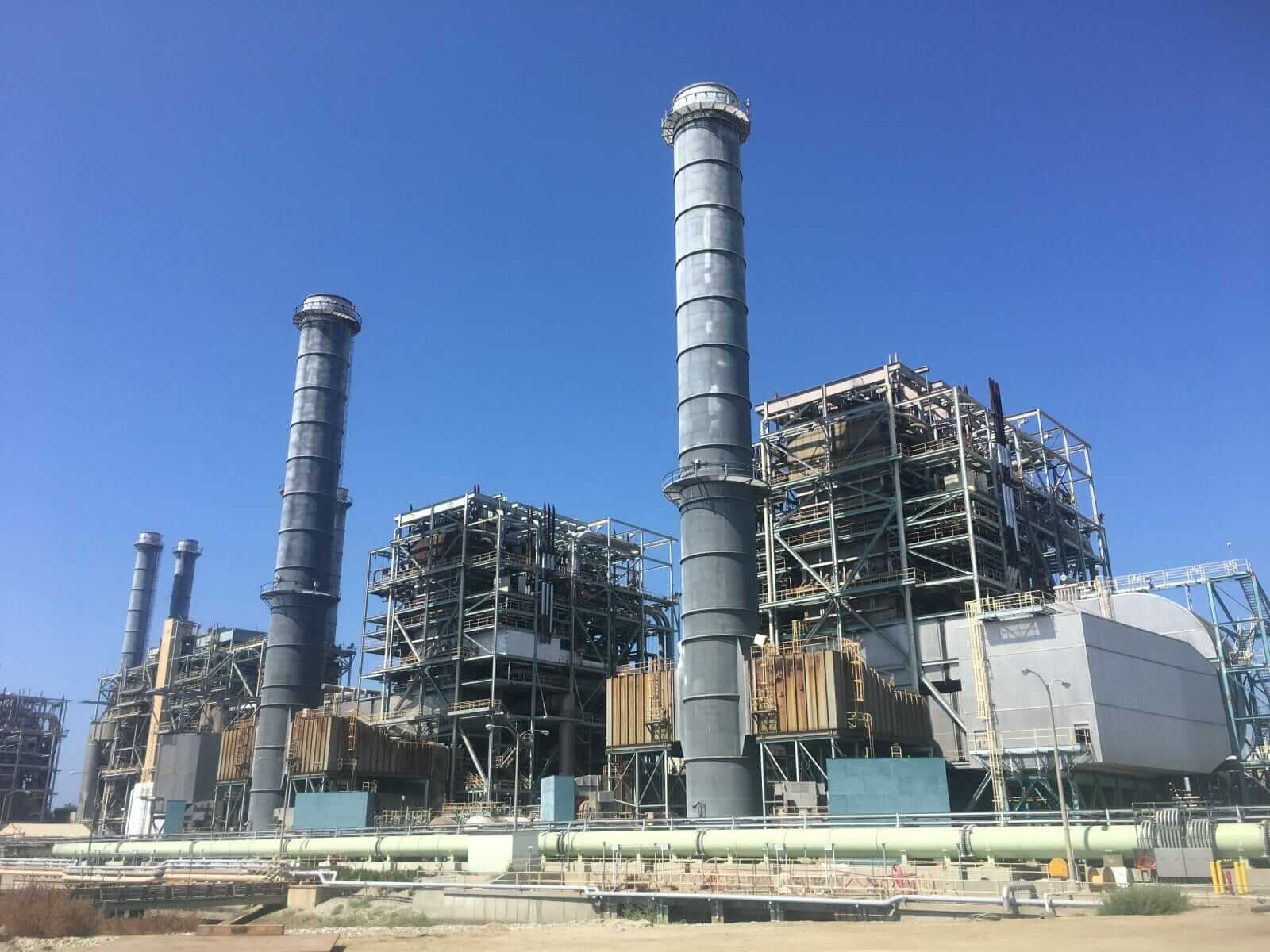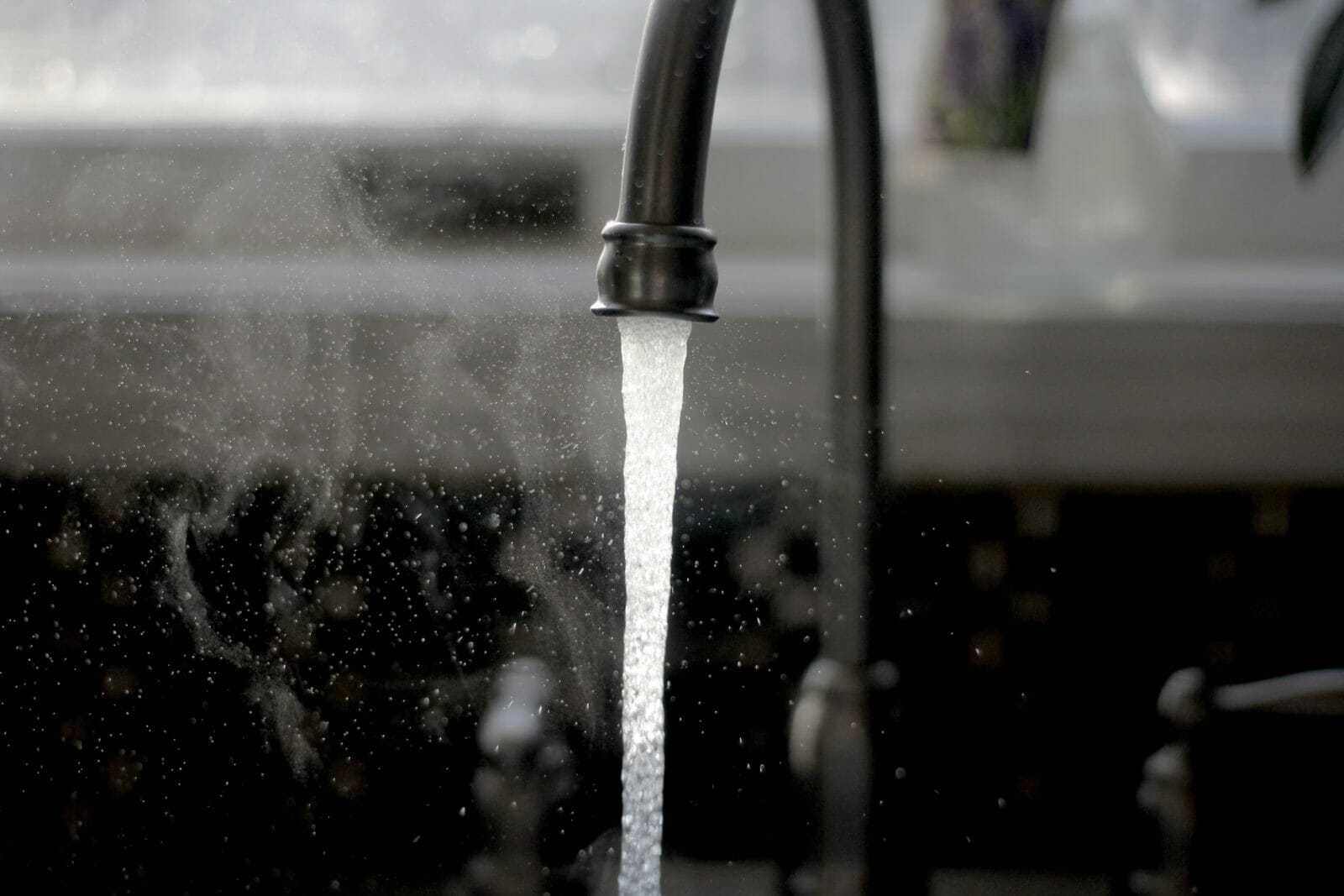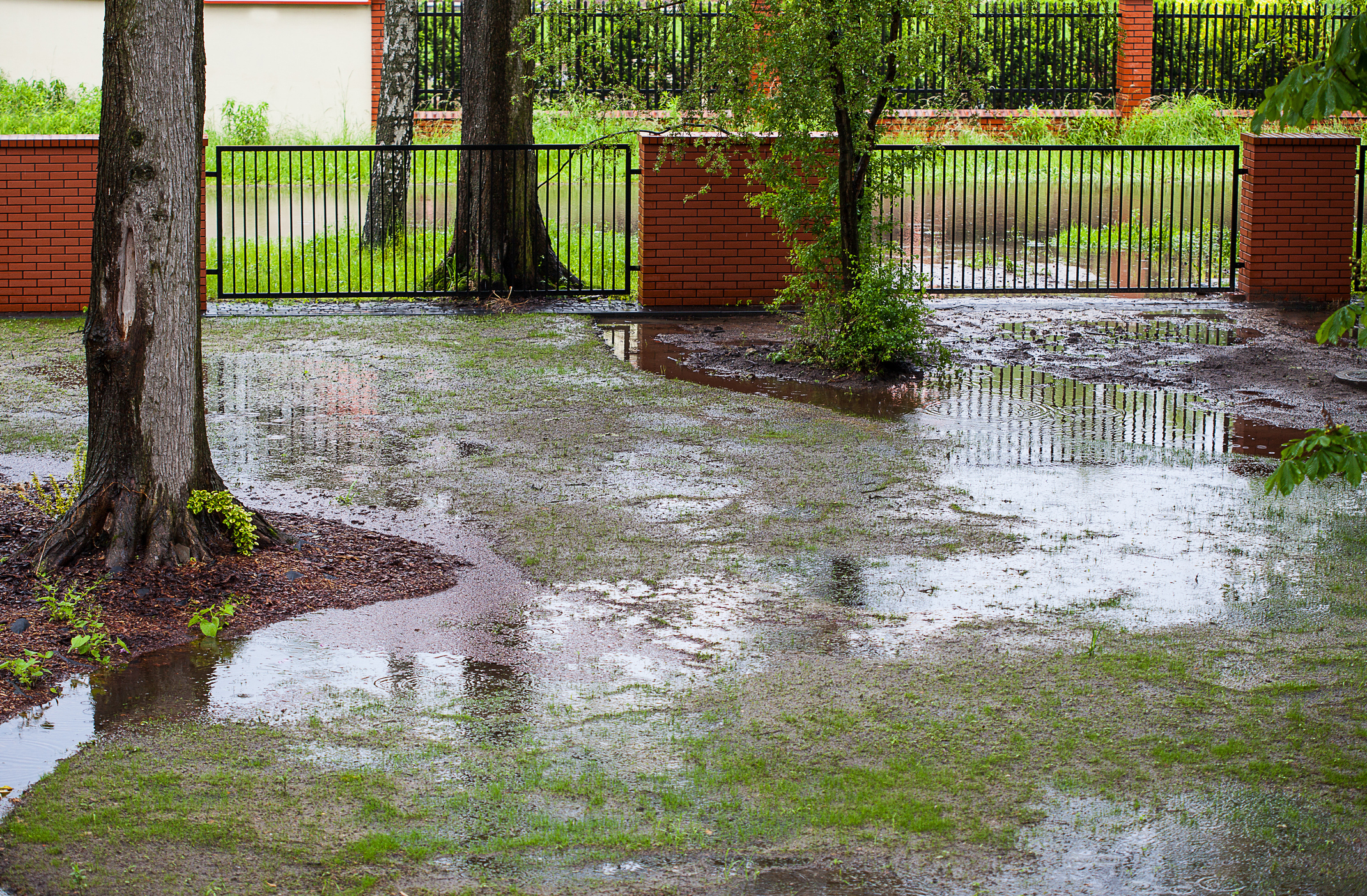Southeast US
Coal Ash Landfill and Recycle Pond Consulting
TRC supported a confidential utility client in the Southeast US by delivering consulting services under Federal regulations for their coal combustion residuals (CCR) program at two coal fired power plants with coal ash disposal units and recycle ponds. Both plants store CCRs in units both pre-existing the CCR regulations and units regulated by the CCR Rule. At one facility the configuration of pre-existing and regulated units is side by side and the other facility constructed the regulated units on top of the pre CCR Rule units. Additionally, one facility has potential connectivity between the uppermost aquifer and the underlying water bearing unit while the other facility has seasonal variations in groundwater flow limiting the placement of upgradient/background wells.
- Client: Confidential Utility Client
- Project Location: Southeast US
Each plant uses a wet handling system for bottom ash consisting of sluice lines for conveyance of ash, hydrobins for settling of ash, and a series of two ponds for storage and recycling of water. While carryover to the ponds of ash was minimal, there was a concern regarding the regulatory classification and compliance status of the recycle ponds.
TRC’s team of experts with CCR, Effluent Guidelines, engineering, construction and power plant operations and compliance strategy experience delivered the following solutions:
- High level review of client compliance with the CCR rule recommending additions to groundwater monitoring networks and geochemical/geotechnical sampling
- Development of site conceptual and hydrogeologic models to evaluate and provide basis for the groundwater monitoring programs
- Development of groundwater flow and transport models evaluating alternate sampling frequencies
- Development of a CCR timeline to ensure compliance with CCR rule milestone dates and planning future CCR activities
- Preparation of closure, post-closure, inflow flood design, history of construction, inspection, and fugitive dust control plans for the Recycle Ponds
- Preparation of Alternative Source Demonstrations (ASD) including recommendation and design of investigation and additional data collection for support of ASDs
- Evaluation of pond closure options and ash handling procedure
- Review of additional CCR and state program reporting
- Review of client strategy and discussions with clients and legal counsel on path forwards
Related Services
Related Projects
Discover the success we’ve had with helping our clients execute major projects and make a meaningful impact on their local communities.
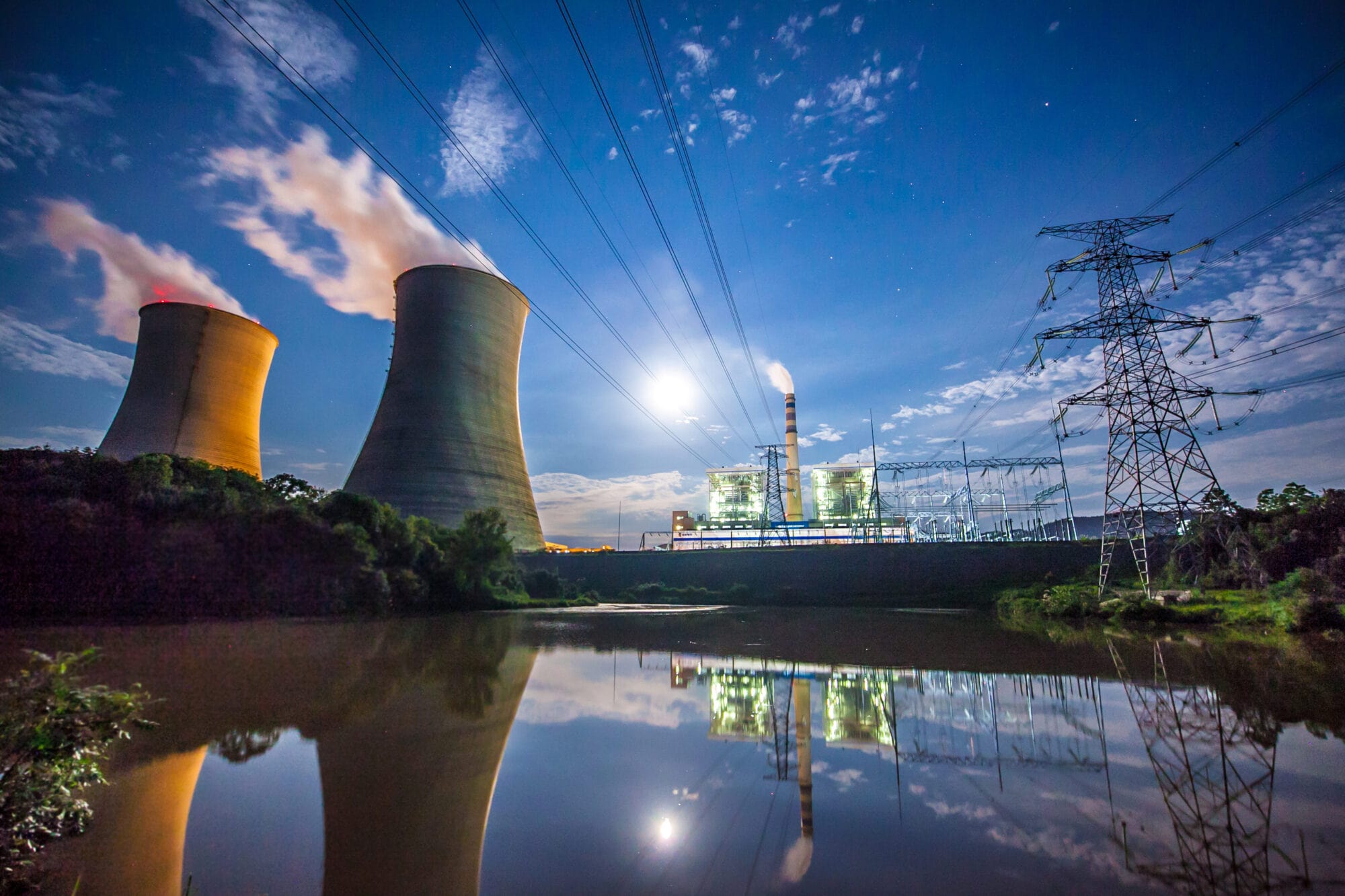
Coal Combustion Residuals (CCR) Audit Program
TRC helps clients verify that they were meeting their compliance obligations and adequately managing their risk.

PFAS Treatment Evaluation for the Maysville Well
TRC staff installed a water treatment system to remediate and prevent recurrence of PFAS in the Maysville Well in North …
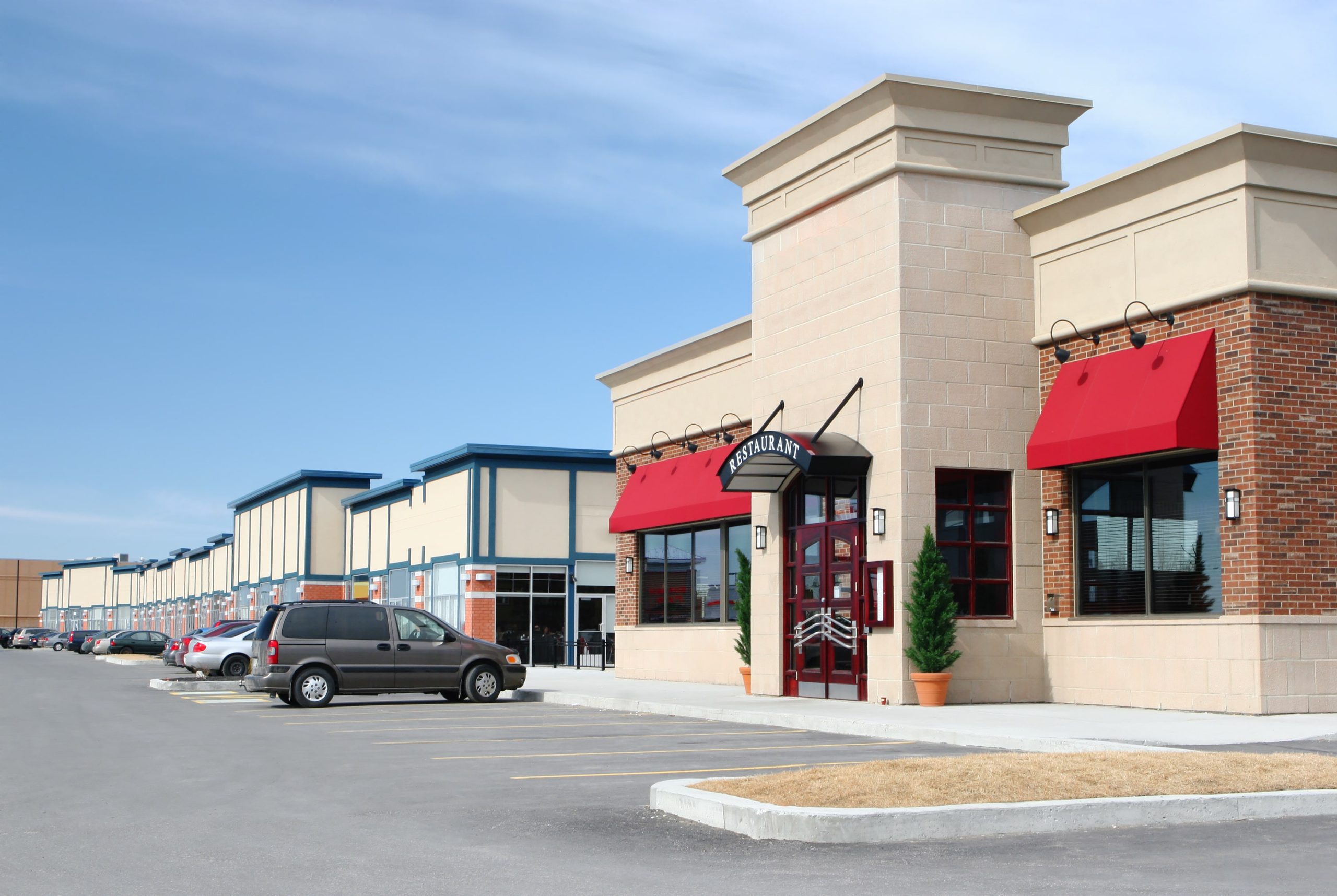
River City Vet Adaptive Reuse
TRC provided structural engineering support to the adaptive re-use of an existing 11,000 square foot one-story retail building, converting it …

Redevelopment of the Presidio in San Francisco
TRC is proud to be a partner with the Presidio Trust and looks forward to more successful projects.

Portland Brownfields Assessment Grants and Revolving Loan Fund Grants
TRC has been assisting the City of Portland with their Brownfields Program since 2016

PFAS Liability Does Not Have to Be a Transactional Deal Killer
A client of TRC’s was in the process of selling a natural gas-fired power plant when, during due diligence, PFAS …
Sharing Our Perspectives
Our practitioners share their insights and perspectives on the trends and challenges shaping the market.
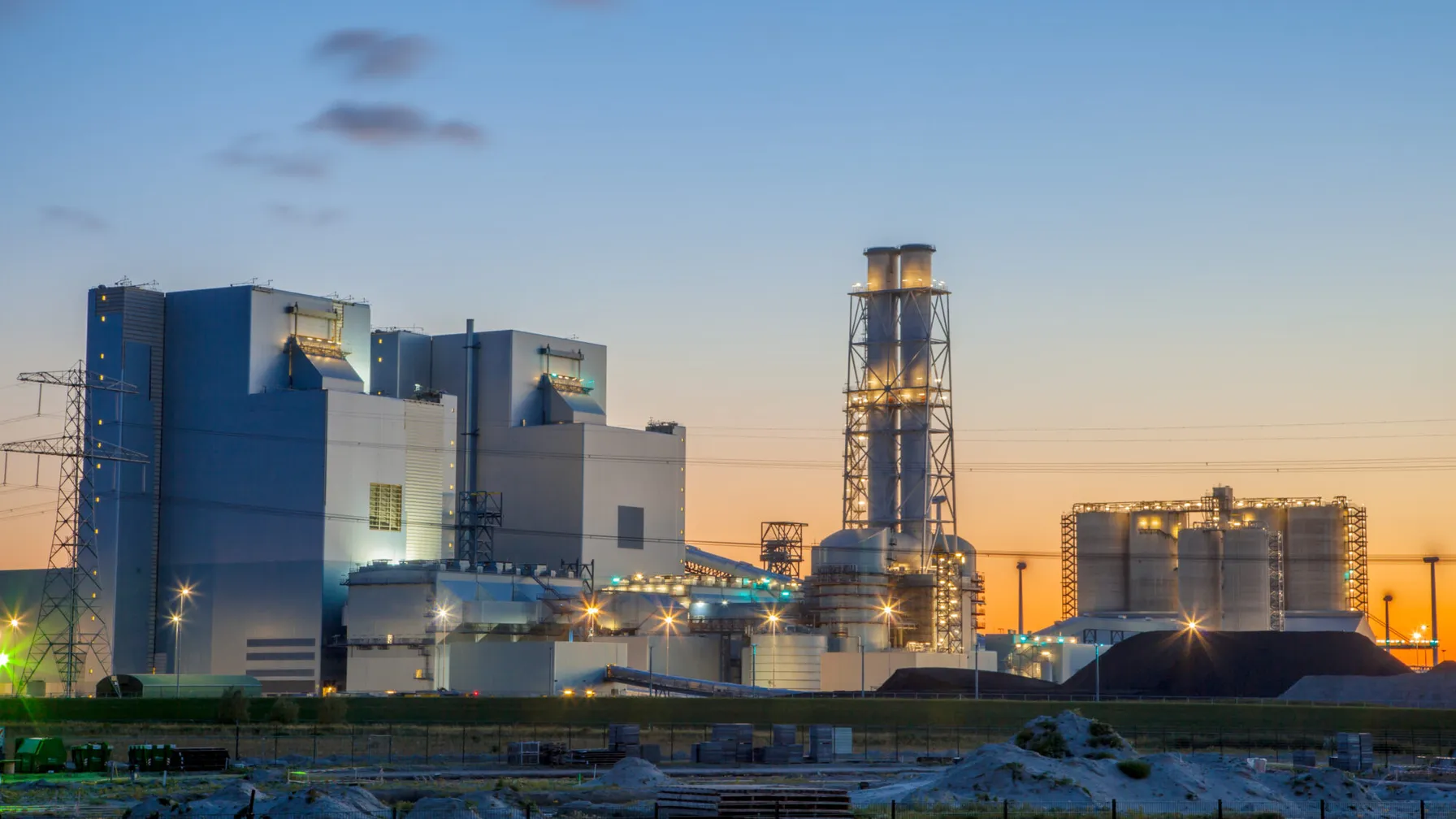
Understanding Piper Diagrams: Applications and Limitations with Coal Combustion Residuals
September 28, 2023
Learn more about approaches to overcome the recognized limitations of Piper Diagrams and how to make the most of this valuable technique.
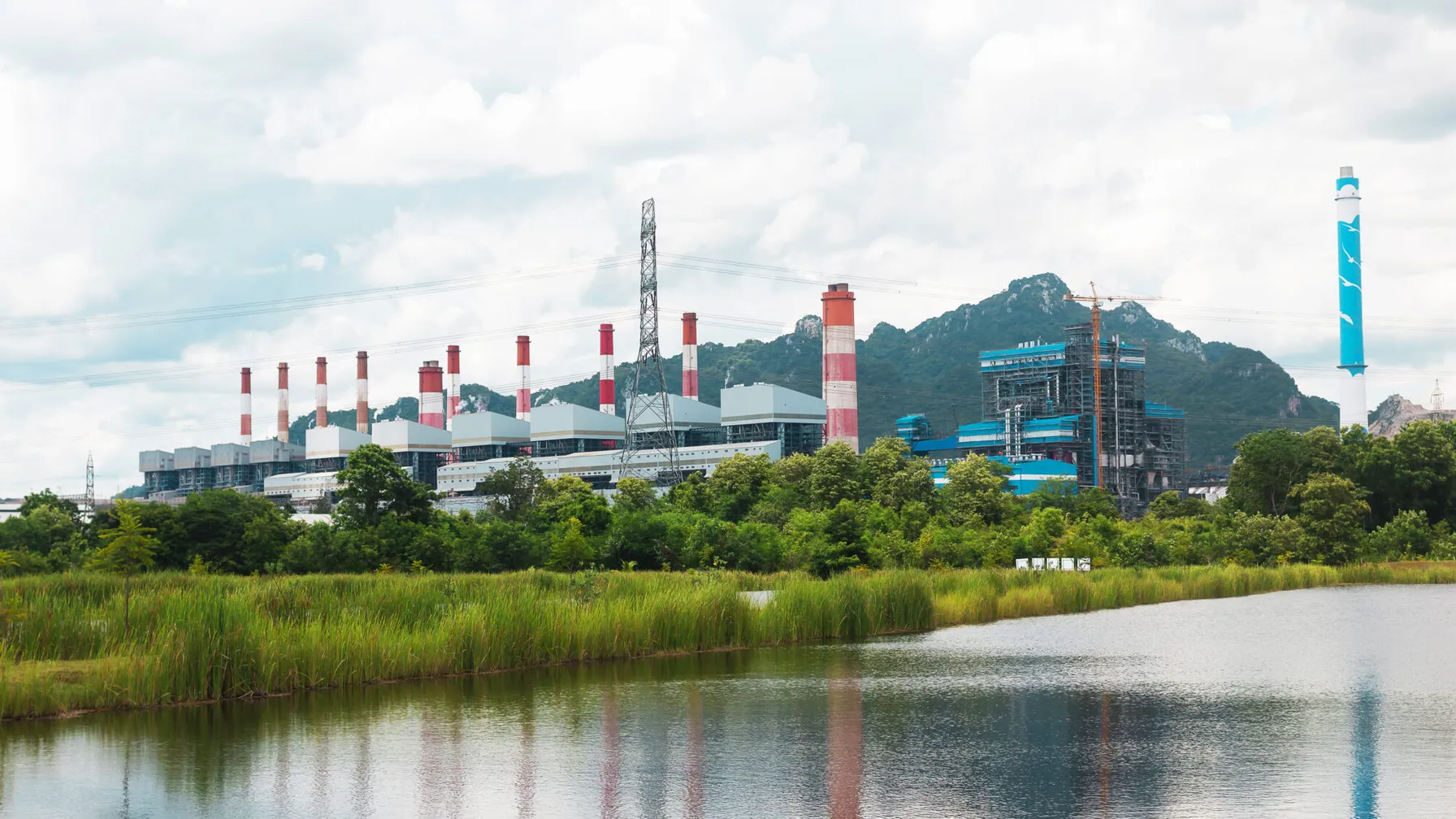
Summary of Proposed Coal Combustion Residuals Legacy CCR Surface Impoundments Rule
June 8, 2023
TRC’s extensive background in CCR compliance support under the current CCR rule helps our clients get in front of these new regulations.
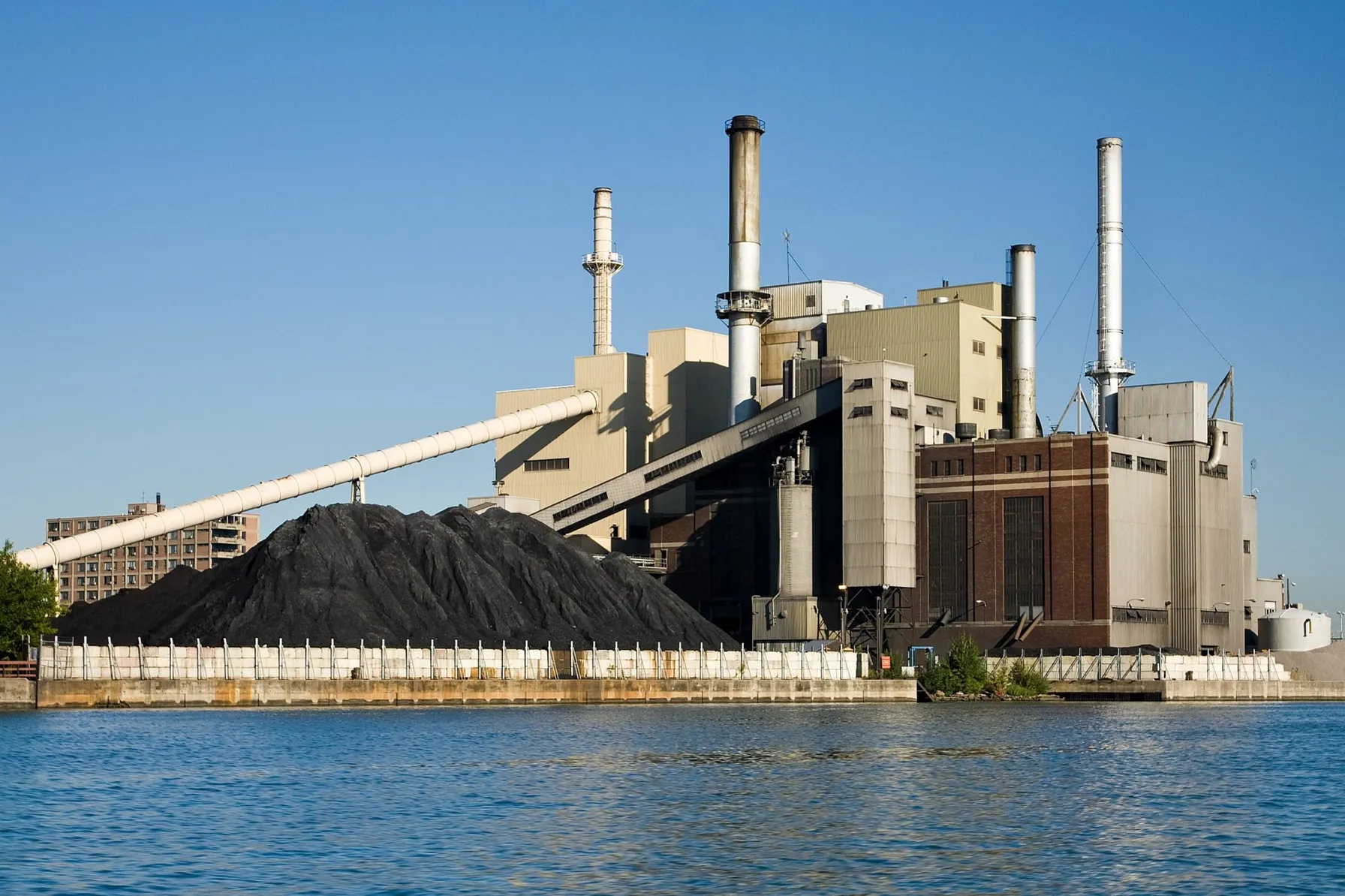
EPA Coal Ash Compliance Expectations Updated
March 28, 2022
New EPA Communications highlight new Coal Combustion Residual compliance expectations, a shift from the current program.
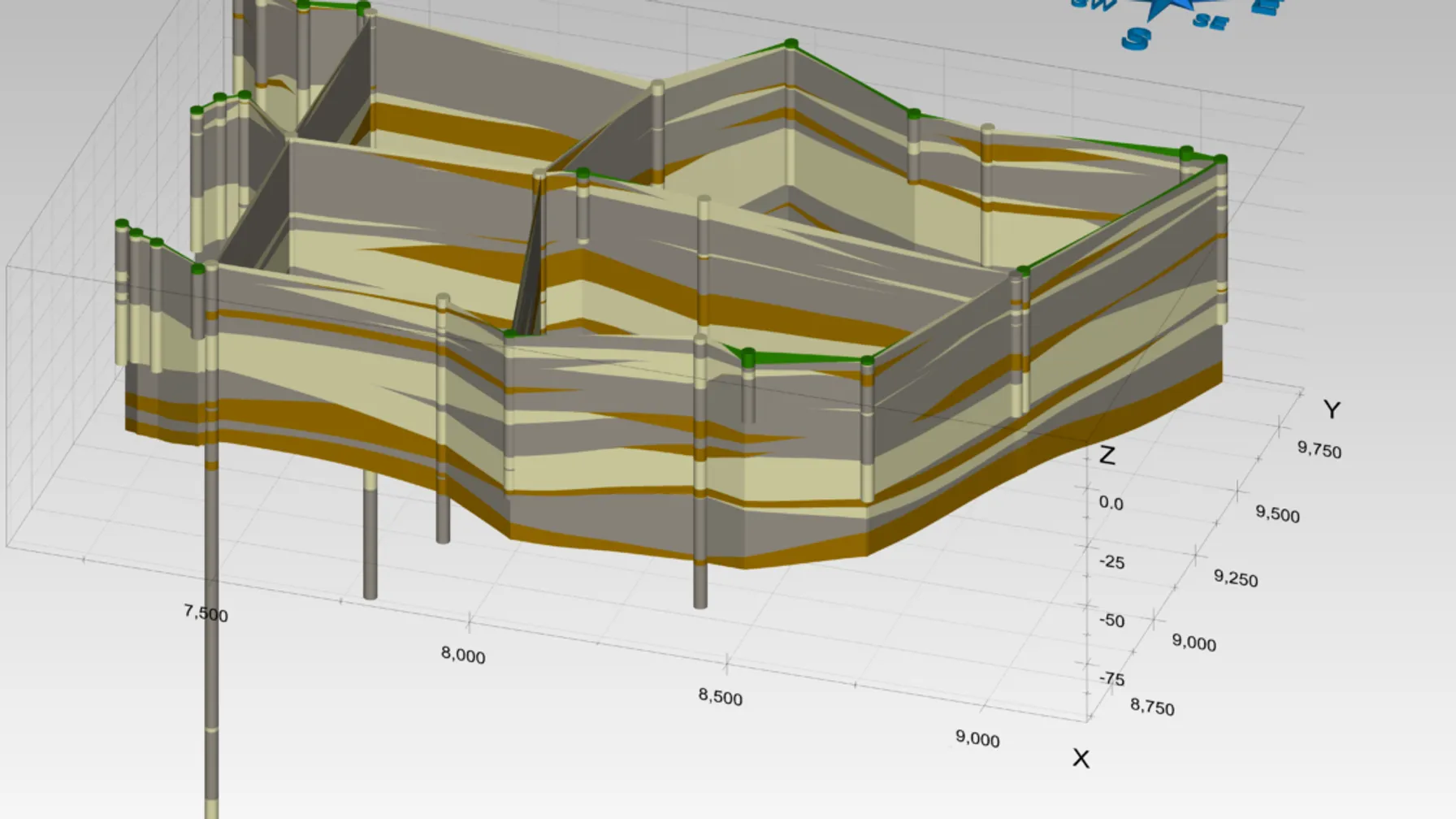
CCR Removal and Its Effects on Soil and Groundwater Geochemistry
October 25, 2021
Many utilities are implementing corrective action at coal combustion residual (CCR) surface impoundments under Federal or State CCR Regulations, with implications for groundwater protection standards.
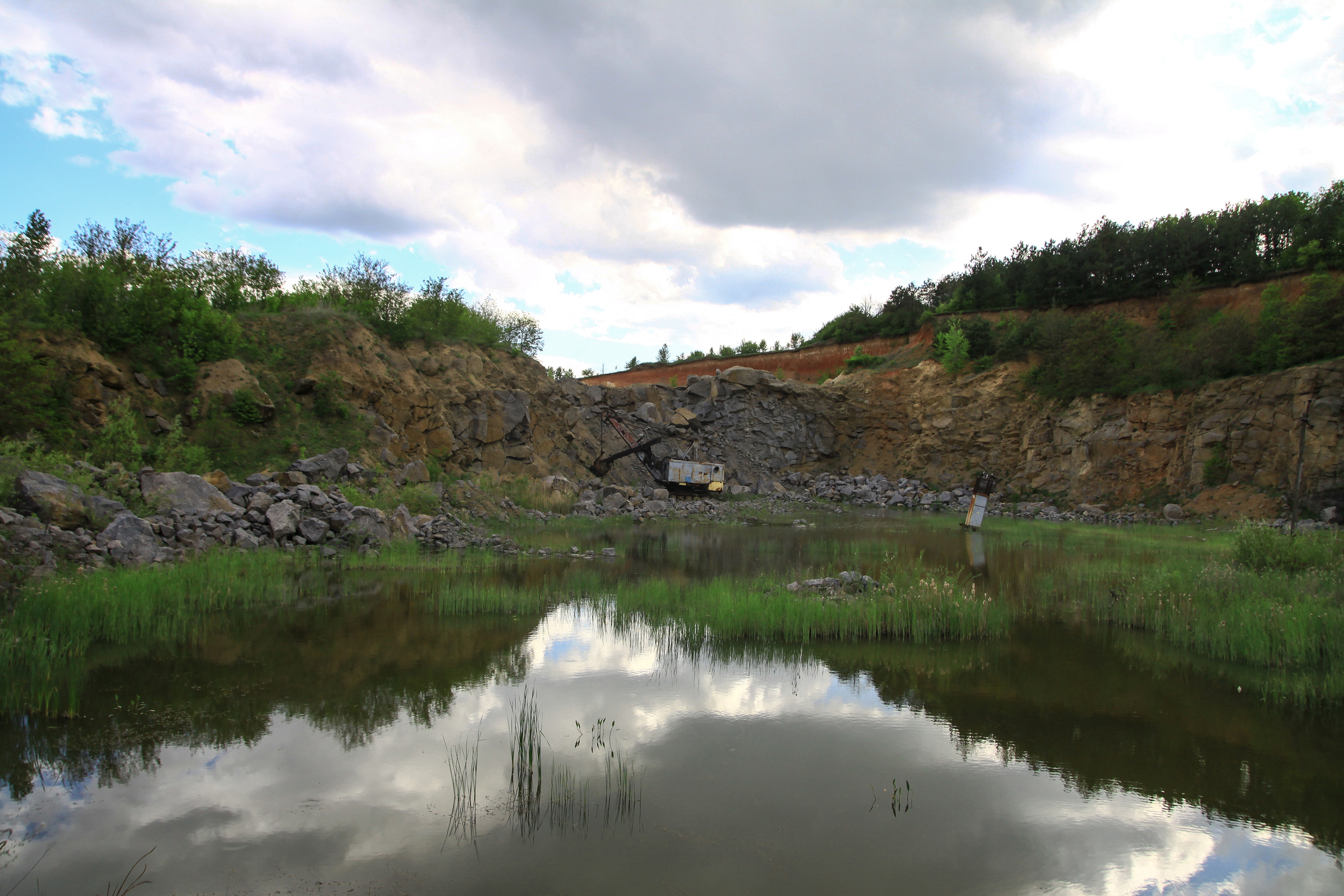
Consider a CCR Audit as the Assessment & Plan Deadline Approaches
July 8, 2021
With the upcoming five-year periodic assessment and plan deadlines rapidly approaching for landfills and surface impoundments, power generators subject to the CCR Rule should also consider audits to ensure their facility records and external-facing web sites are complete and documents are up-to-date.
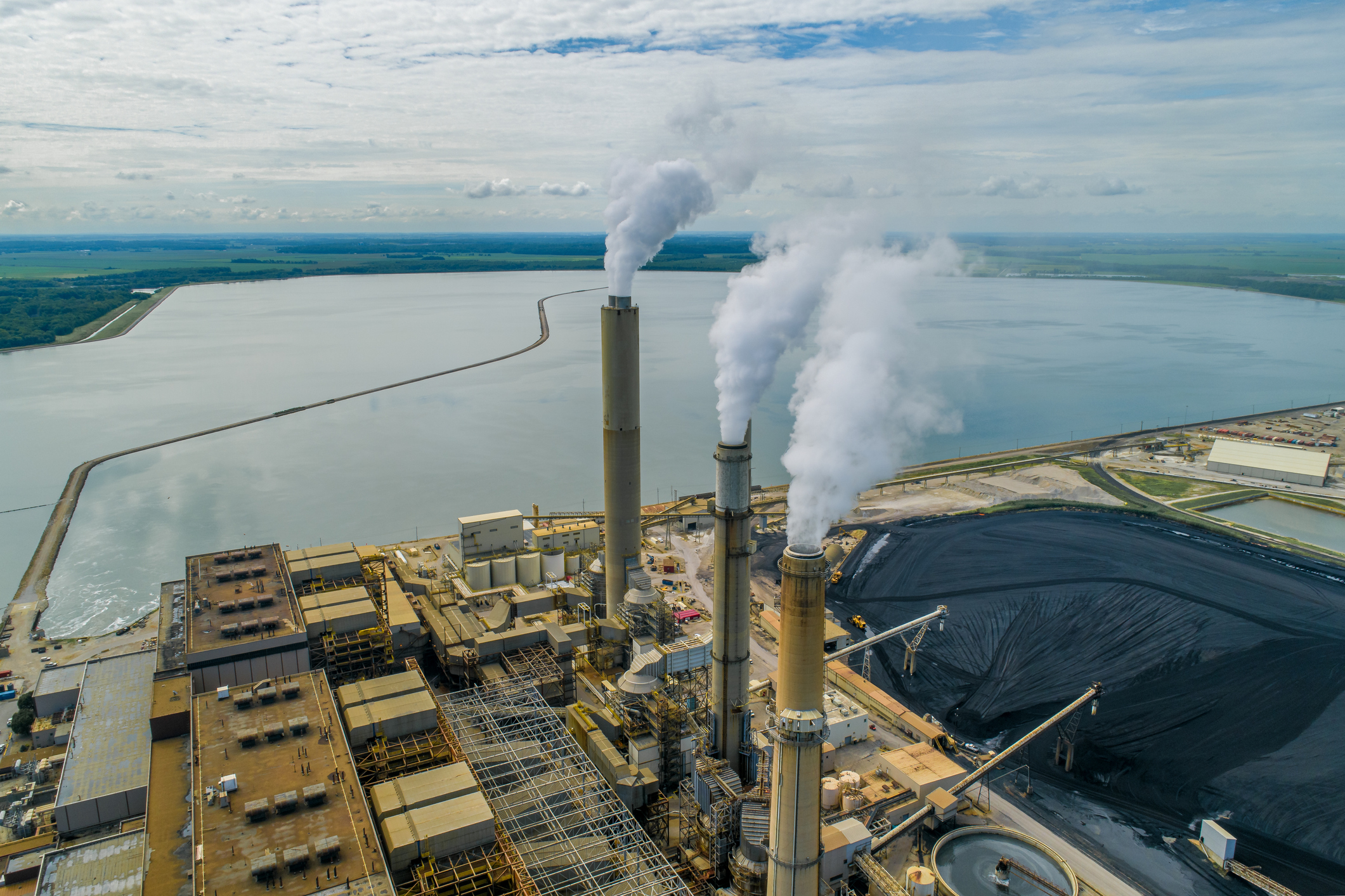
Successful Coal Ash Pond Management
July 10, 2014
Regulatory requirements, plant retirements, changes to facility operational profiles, environmental liability management and political and social pressures are among the factors driving utilities to close or consider closing their coal ash ponds.
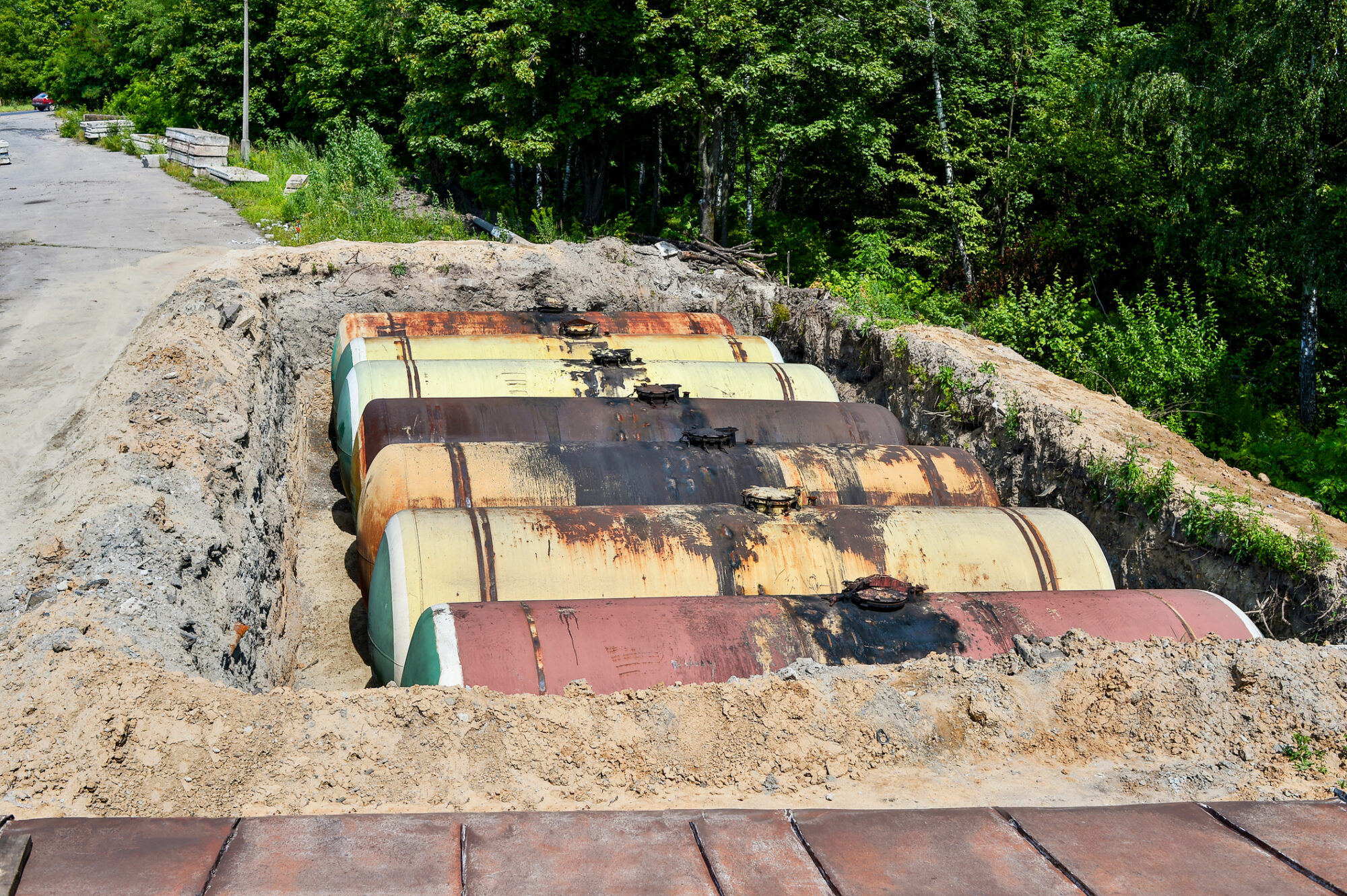
EPA Issues Clarification of Free Product Removal Requirements
June 20, 2023
EPA recently clarified requirements for LNAPL recovery and remediation.

Microplastics ITRC Guidance Document and Training Available Soon!
February 23, 2023
Microplastic particles have been found in nearly every corner of the globe, but health effects and toxicity are only beginning to be understood. Because of their ubiquitous nature, microplastics present a challenge in both accurate sampling and source attribution. Microplastics are emerging as an environmental issue that regulators and industry will be increasingly focusing on in the coming years.

QA and Chemistry Services
February 23, 2023
TRC offers many QA and Chemistry services including data usability assessments, limited and full data validation reports, quality assurance project plan preparation, selection of appropriate analytical methodologies and laboratory audits.

Odor Evaluation Services
February 23, 2023
TRC is nationally recognized as an expert in the field of odor measurement, identification, modeling and control engineering. This presentation includes an overview of odor properties, odor evaluation, modeling and odor thresholds and outlines the four sensory properties: detectability, intensity, character and hedonic tone.
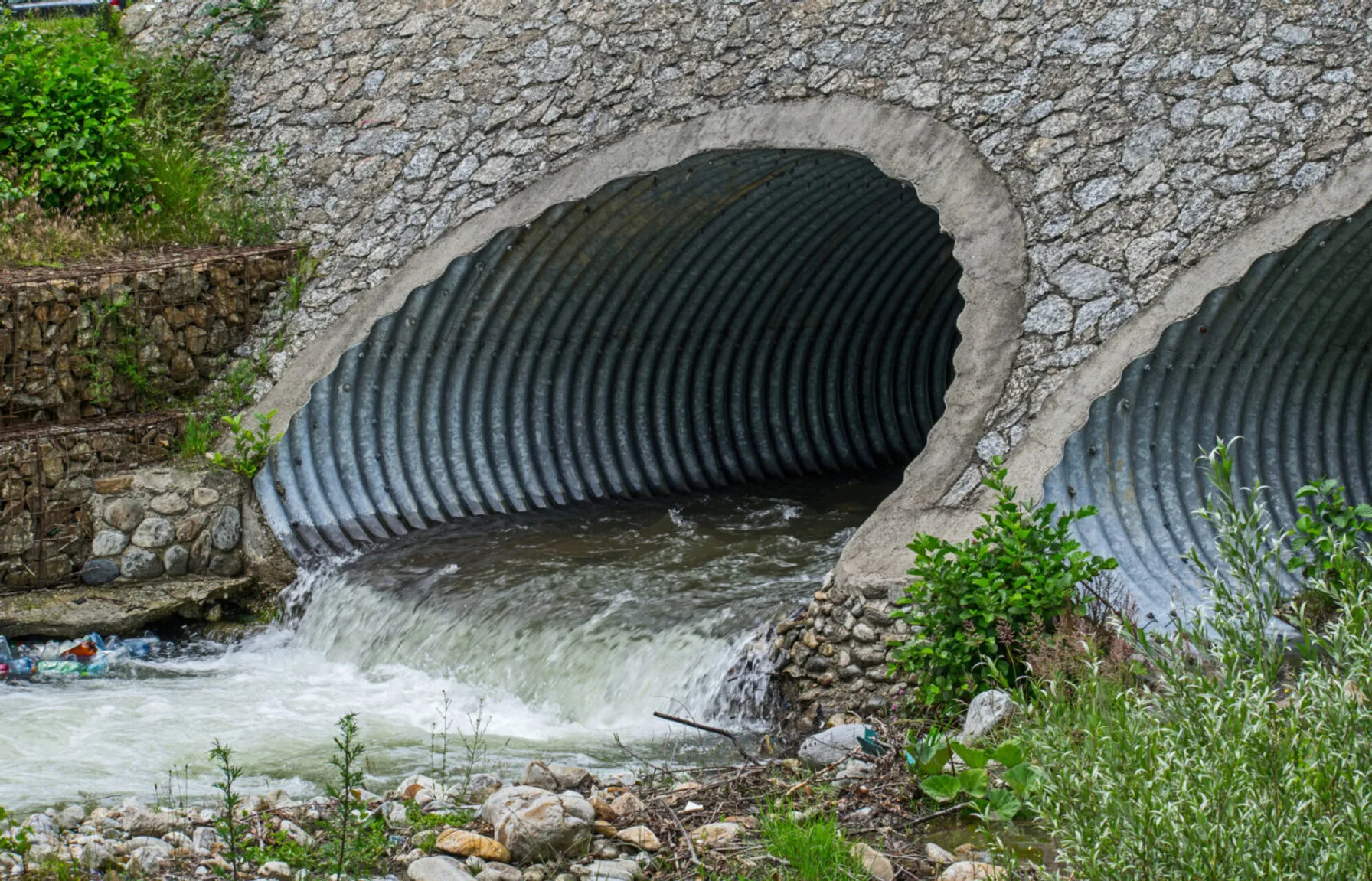
PFAS Fate and Transport
February 23, 2023
Understanding PFAS properties and behavior is key to effective detection and remediation.

PFAS Fate and Transport: Conceptual Site Models
February 23, 2023
The conceptual site model describes site-specific sources, release and transport mechanisms, exposure media, exposure points, exposure pathways and routes and potential human and/or ecological receptor populations.
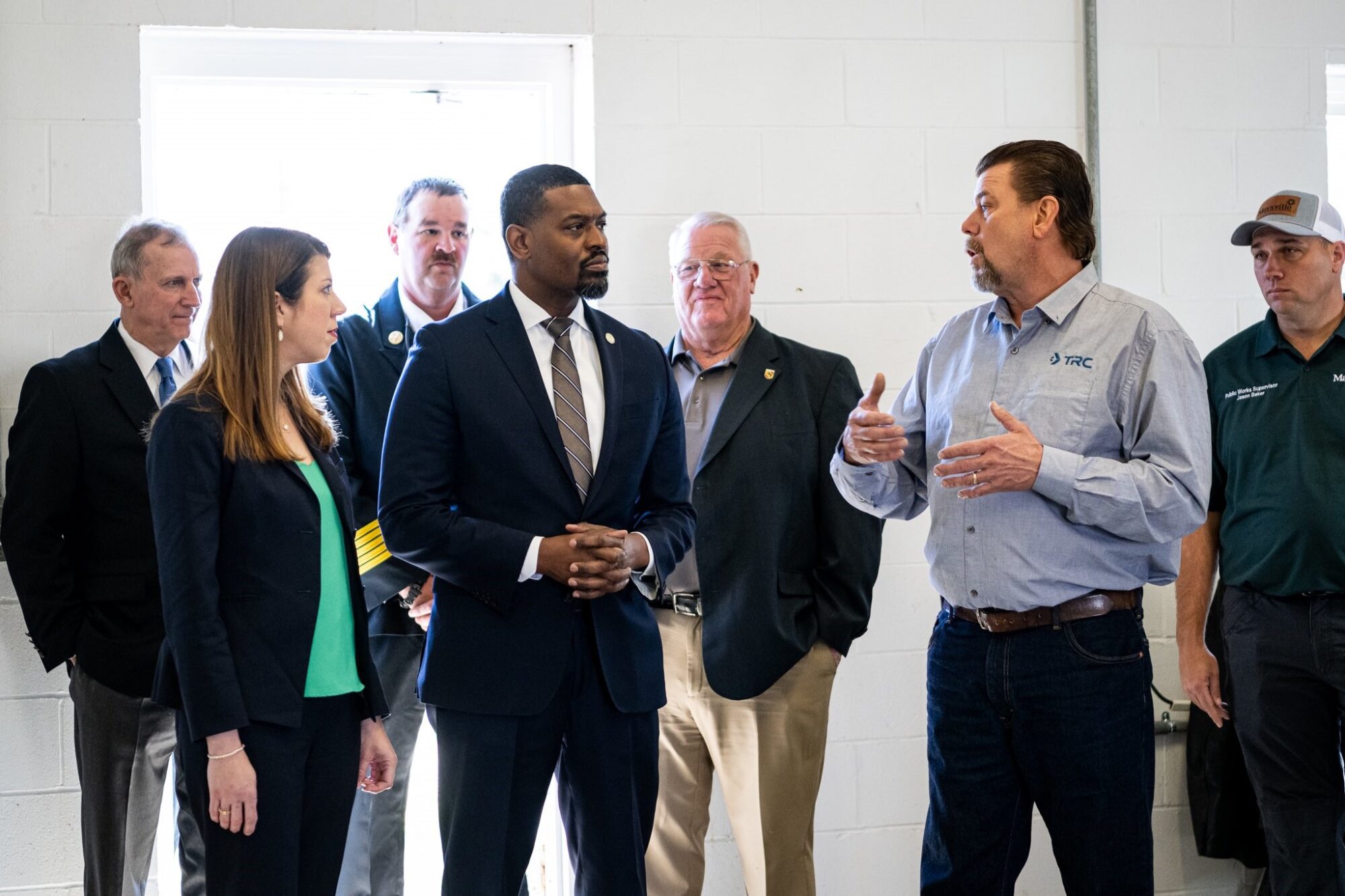
EPA Announces $2 Billion in Funding to Address Emerging Contaminants in Drinking Water
February 14, 2023
Environmental Protection Agency Administrator Michael Regan announced $2 Billion in infrastructure funding to help the nation’s rural water supplies.
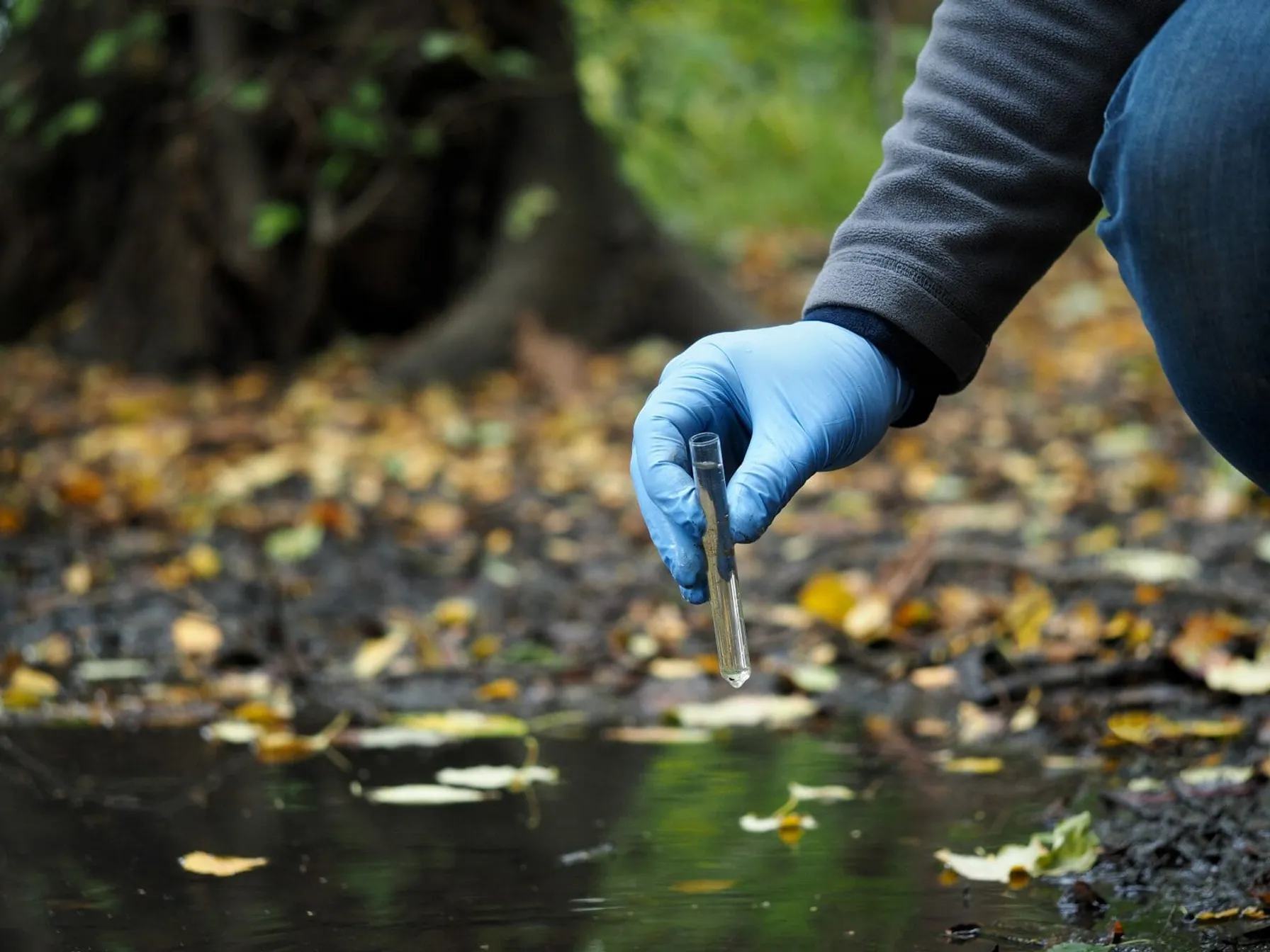
PFAS: Remedial Approaches
February 8, 2023
Remediating Per- and poly-fluoroalkyl substances (PFAS) from the soil and water requires effective techniques and innovative technologies. TRC’s experts are well versed in several remediation strategies intended to remove PFAS and prevent re-exposure.
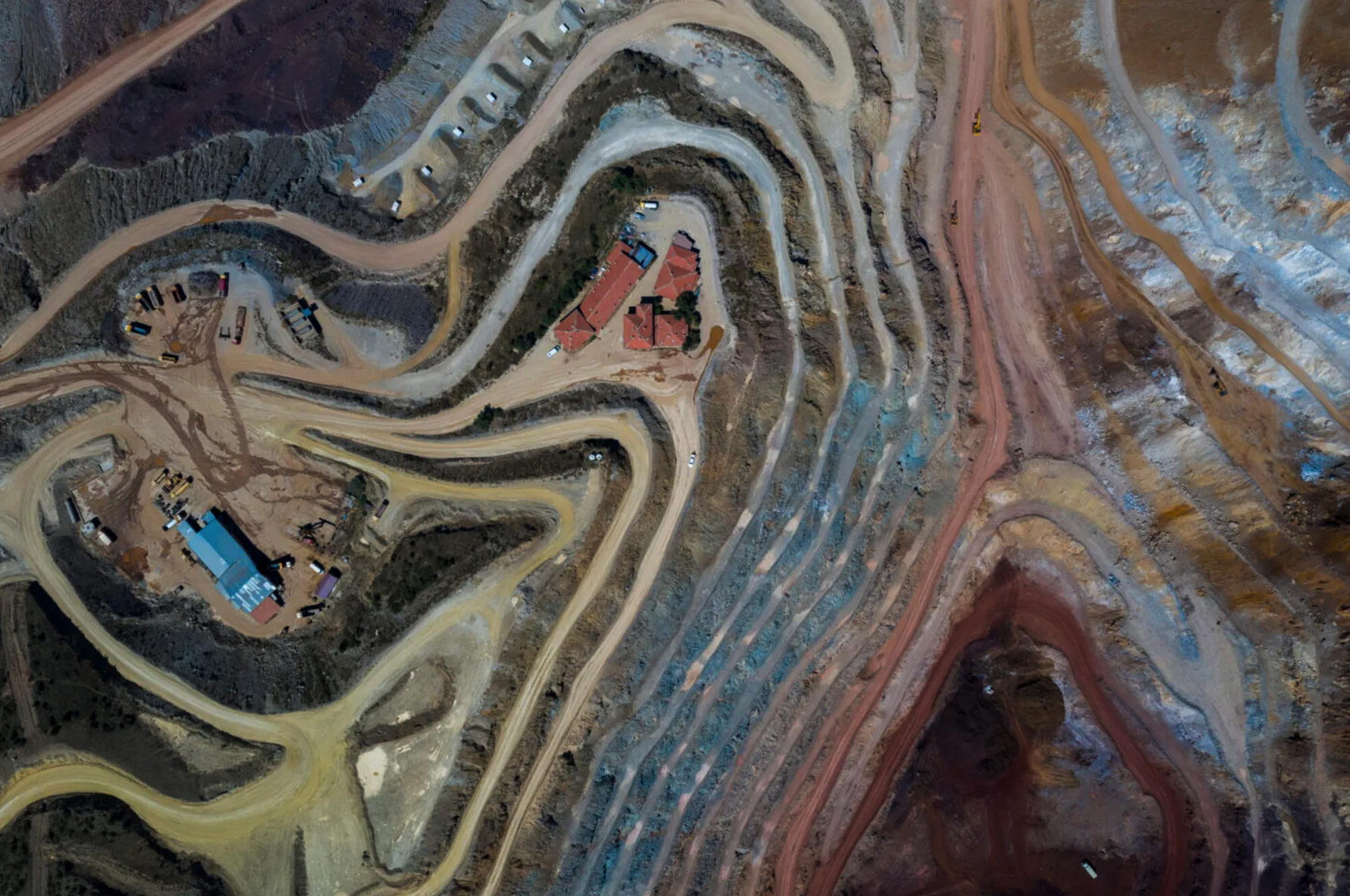
Metals 101
February 8, 2023
Metals are naturally occurring elements in the Earth’s crust that enter the environment through natural processes. They can be found in groundwater, soil and sediment. The trophic transfer of these elements in aquatic and terrestrial food chains has important implications for wildlife and human health.

New National Emerging Contaminants Research Initiative
September 12, 2022
The Executive Office of the President of the United States announced a National Emerging Contaminant Research Initiative
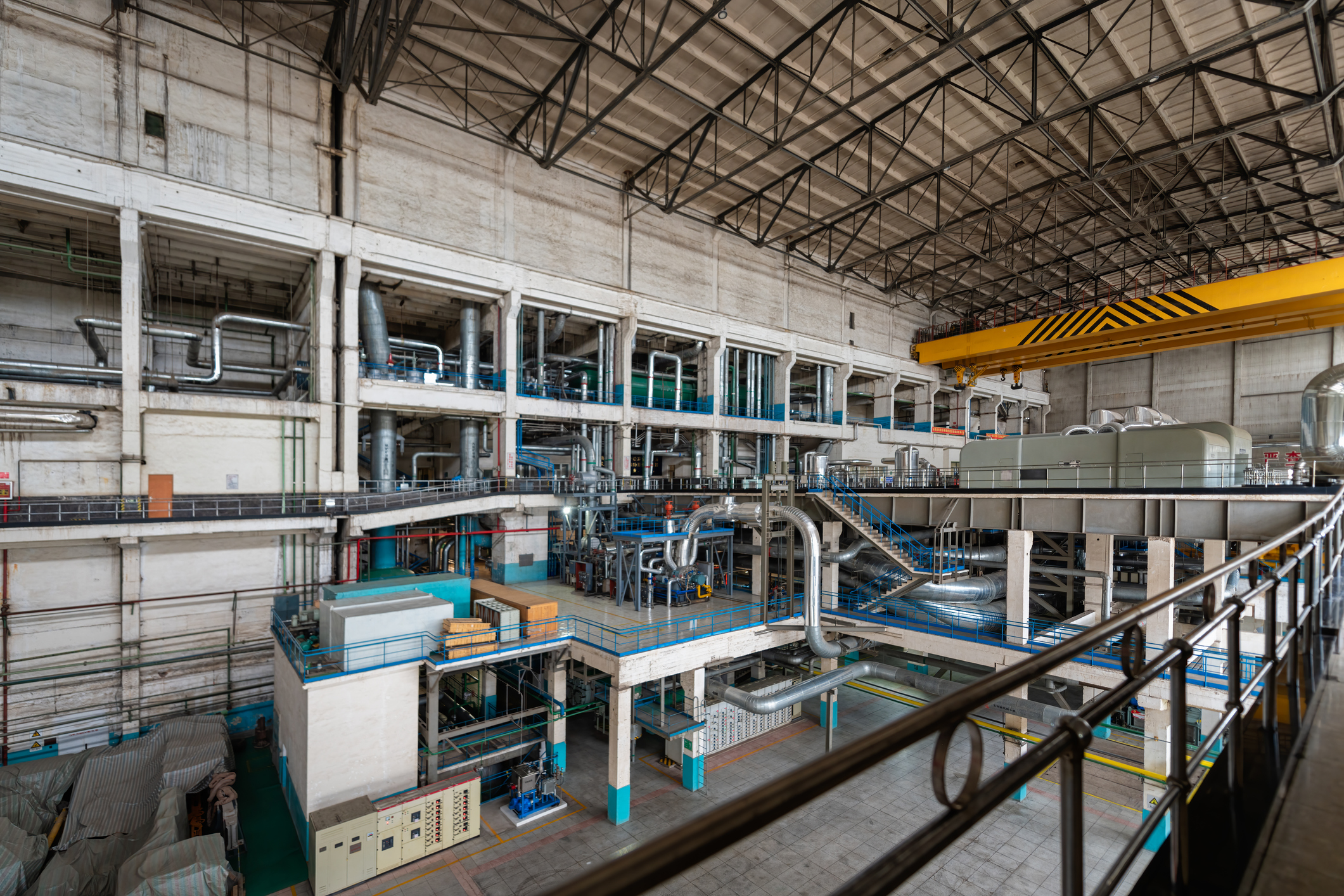
The Best Process for Transforming Thermal Generation Power Plants
February 9, 2022
Faced with an aging fleet, stricter environmental regulations, reduced costs for natural gas and competition from renewables, more than 600 power plants have been decommissioned in the last 20 years, a pace that will increase with the announced closure of nearly 350 additional plants by 2025.

TRC Colorado PFAS Regulatory Update
July 21, 2021
Update on Colorado’s recent policies and plans to regulate new and historical discharges of per- and polyfluoroalkyl substances (PFAS) into the environment.

Implementing bioremediation at environmental cleanup sites: TRC experts weigh in at leading industry conference
May 17, 2021
TRC experts make several presentations at the Battelle conference about innovative approaches they have developed for implementing and monitoring bioremediation and the use of naturally-occurring or deliberately-introduced micro-organisms to break down environmental pollutants.

Ecological Risk of PFAS from AFFF-Impacted Sites
June 30, 2020
The facts on evaluating exposure to wildlife

TRC Brings Environmental Services to Manchester with Second UK Office
March 5, 2020
In continuing to expand our presence in a key British market, TRC is opening our second UK office in Manchester, England
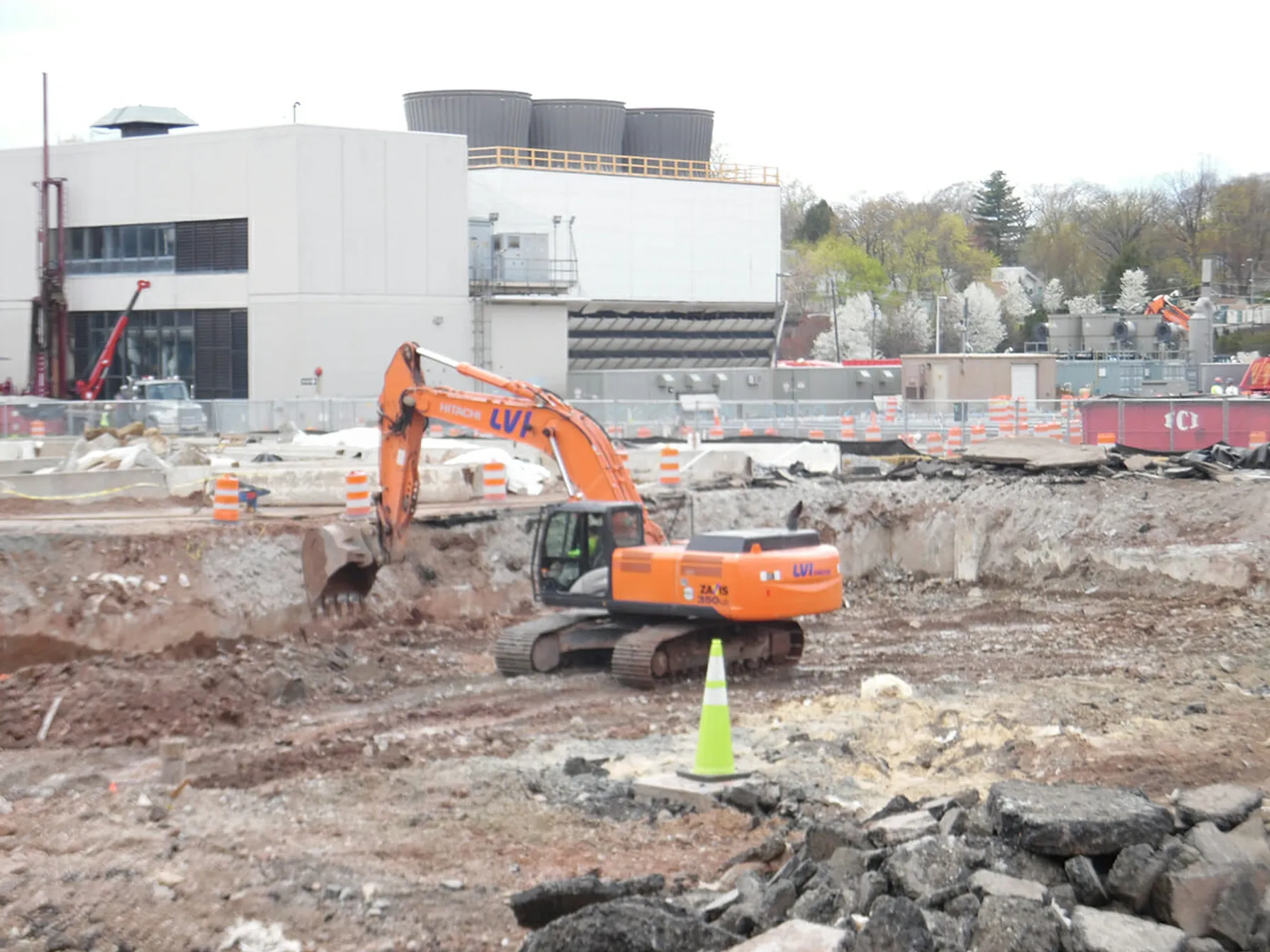
TRC Remediation Project at Roche Nutley Site in New Jersey Wins National Grand Prize for Sustainability
May 7, 2019
TRC was awarded the 2019 Grand Prize for Environmental Sustainability by the American Academy of Environmental Engineers & Scientists for the cleanup of the former Roche site in Nutley, N.J.

TRC Acquires Hazmat Assessment Firm American Environmental Consulting
January 3, 2018
TRC, a leader in engineering, environmental consulting and construction-management services, announced today that it has acquired American Environmental Consultants, Inc. of Weymouth, Mass., a hazardous materials assessment company.

EPA to Include CERCLA Sites and RCRA Facilities in Site Remediation NESHAP
June 23, 2016
EPA has published a proposed rule that would extend the requirements of the Site Remediation National Emission Standards for Hazardous Air Pollutants (NESHAP) regulations to previously exempt soil and groundwater remediation activities under CERCLA and RCRA.

Successful Coal Ash Pond Management
July 10, 2014
Regulatory requirements, plant retirements, changes to facility operational profiles, environmental liability management and political and social pressures are among the factors driving utilities to close or consider closing their coal ash ponds.

